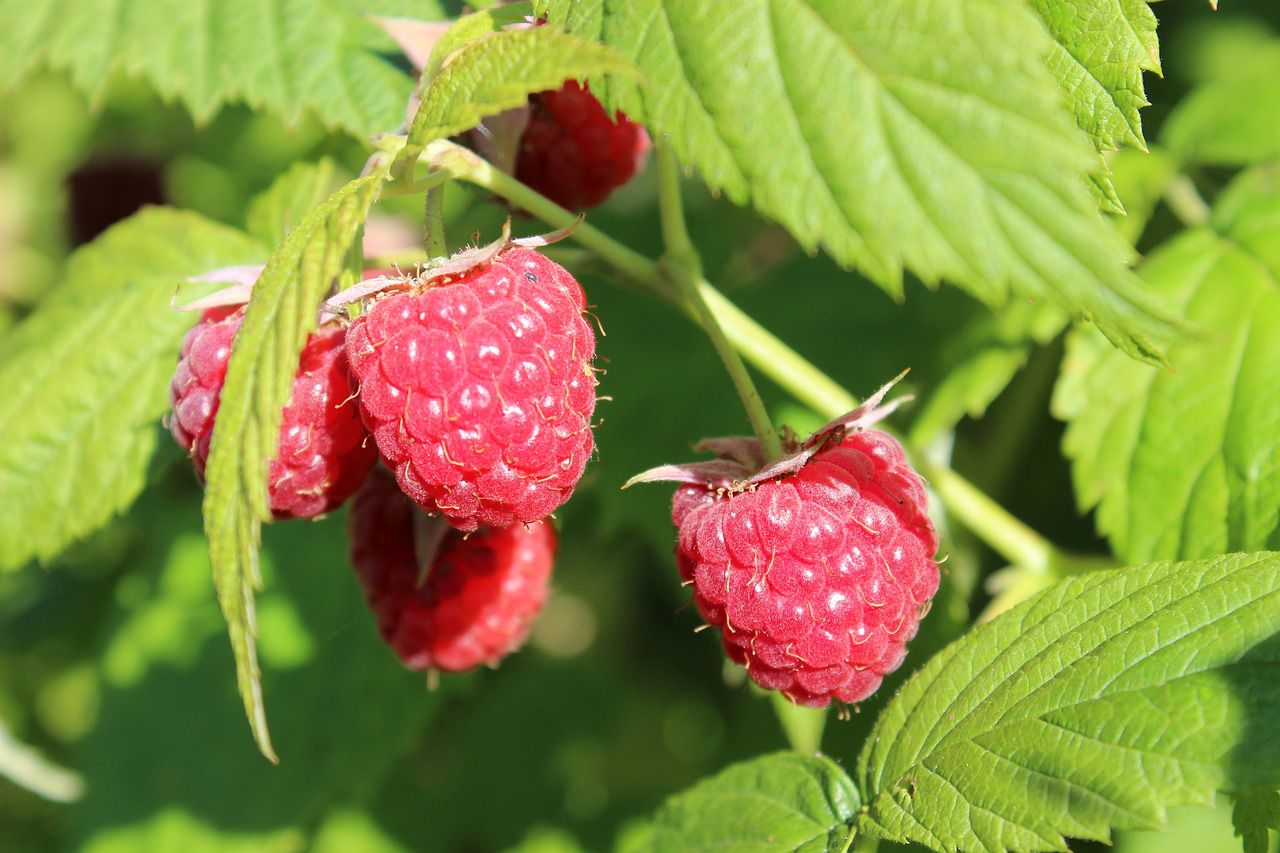Why you should provide additional support to your raspberry plants: Gardening tips
When raspberry plants get everything they need, they do great, and sometimes become too big and lush to support their own weight.
If you want to protect the berries and the plans themselves, then you probably need to provide some extra support.
Here are some good reasons for this.
Plant stability
Without proper support, the canes may bend, break, or lean excessively, leading to plant damage and reduced fruit production.
Supporting the canes helps maintain their upright position and prevents them from falling or snapping under their weight.

Enhanced air circulation
Good air movement helps prevent the development of fungal diseases, such as powdery mildew, by reducing moisture buildup and promoting faster drying of foliage and fruits.
Easy harvesting
When the canes are properly trained and supported, they are less likely to sprawl across the ground, reducing the risk of fruits touching the soil and becoming dirty or damaged.
Space optimization
By training the canes along a trellis, fence, or wire system, you can encourage vertical growth, which saves horizontal space.
This is particularly beneficial for home gardeners with limited gardening areas.
Longevity and health
When the canes are adequately supported, they are less prone to breakage, disease, and pest damage, allowing them to thrive and produce fruit over multiple seasons.
Well-supported plants are generally healthier, more vigorous, and have a higher yield potential.
